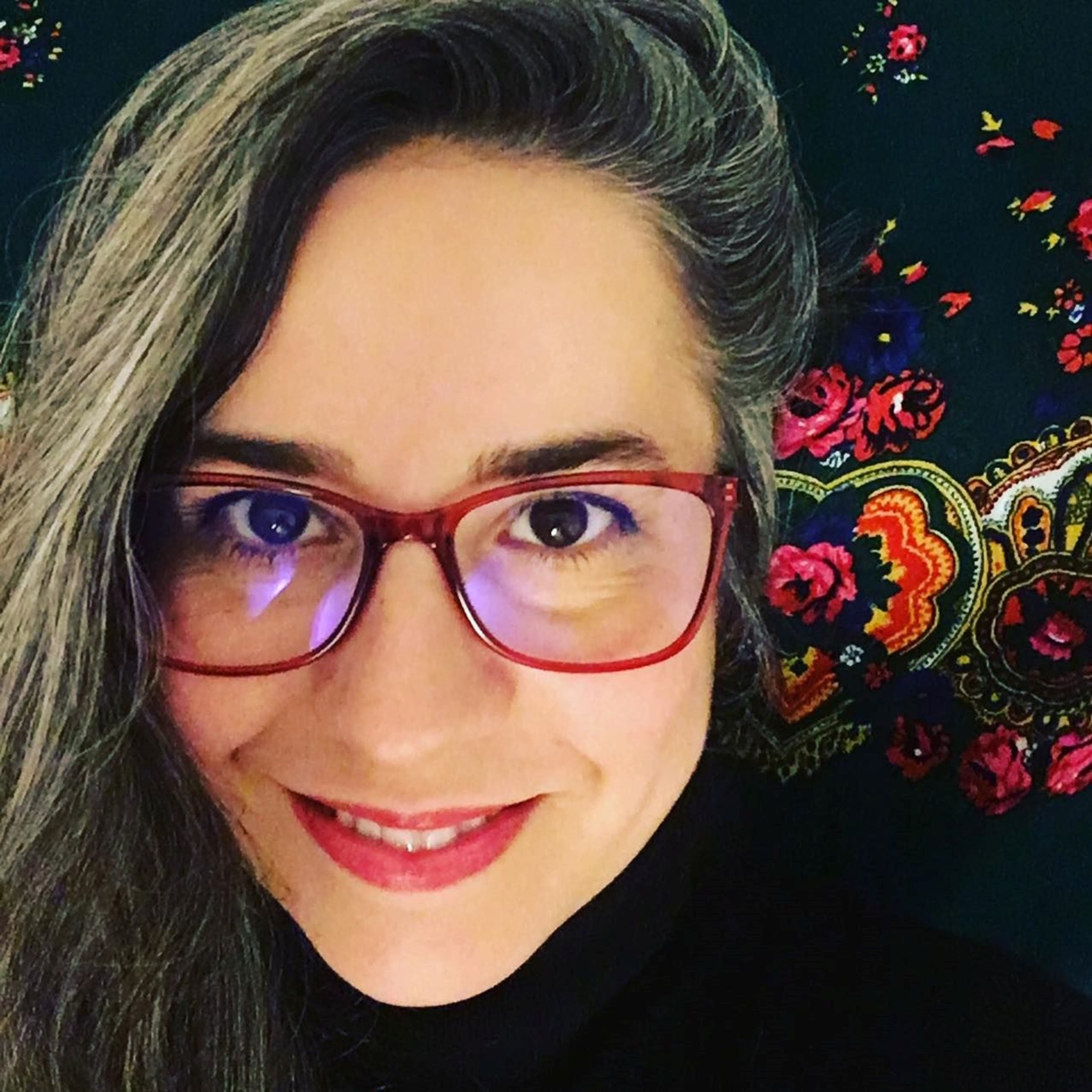2023/ 2024
Electrical Istanbul: Technology, the Environment, and Everyday Life
Nurçin İleri is currently engaged in a scholarly endeavor encompassing a forthcoming book, tentatively titled “Electrical Istanbul: Technology, the Environment, and Everyday Life”. This research project delves into the social and environmental histories of electricity during the late Ottoman and early Republican periods in Istanbul (1876-1939). The investigation focuses on elucidating the influence of various environmental factors, such as the geographic positioning of power plants, the availability of natural resources like water and coal for energy production, and the urban landscape and architectural considerations for expanding the electric grid. Within this context, Ileri scrutinizes the intricate dynamics between the generation, distribution, and consumption of electrical energy, and the ensuing interactions and dialogues among key stakeholders including state authorities, city administration, multinational investors, experts, workers, and consumers. By tracing these encounters and dialogues, the researcher poses inquiries concerning how networks comprising artifacts, knowledge, labor, and political ideologies associated with electrical infrastructure contributed to the establishment of new hierarchies and inequalities across institutions, the natural and built environment of the city, and everyday life. Her goal is to reveal how the supply and use of electrical energy in Istanbul in the transition period form empire to nation state stands at the intersection of transnational political and economic networks and tells another history of global capitalism both in the Middle Eastern and European contexts.
In a second part of the project, Nurçin explores the history of natural history museums, which consisted of the natural objects of botany, zoology, and geology that spanned geological eras, political entities, nations, and cultures in the Ottoman Empire and Turkey. She intends to re-establish the lost connections—the origins, past uses, and actors—of the natural history museums, which do not physically exist today and of which scientific collections and archival sources have been scattered across different scientific institutions and world cities. It is her aim to gain insight into the construction, reproduction, and dissemination of scientific knowledge, observing how it unfolded through the interactions among transregional human and non-human agents during the transitional period from empire to nation-state.
2019-2023
The Electrification of Istanbul: Technology, Politics, and Everyday Life
Nurçin İleri studies on the history of electrification in the late Ottoman and early Republican Istanbul (1876-1939). Her project focuses on the efforts to build an urban scale power plant and electric grid in Istanbul and explores how electrical technology and infrastructure transformed public, industrial, and domestic spaces, and rearranged the rhythm of everyday life. It examines how the transfer, generation, distribution, and consumption of this new technology triggered a range of encounters and dialogues among the state authorities, city administration, multinational investors, experts, workers, and consumers. Ileri questions how the electricity network of artifacts, knowledge, labor, and political ideologies reinforced new hierarchies and inequalities in institutions, in the city’s natural and built environment and in daily life. Her research relies on a wide range of sources; state archives, foreign diplomatic archives, company/consortium archives, local periodicals, and memoirs; and reveals how the history of electrification in Istanbul stands at the intersection of transnational political and economic networks and tells another history of global capitalism both in the Middle Eastern and European contexts.


